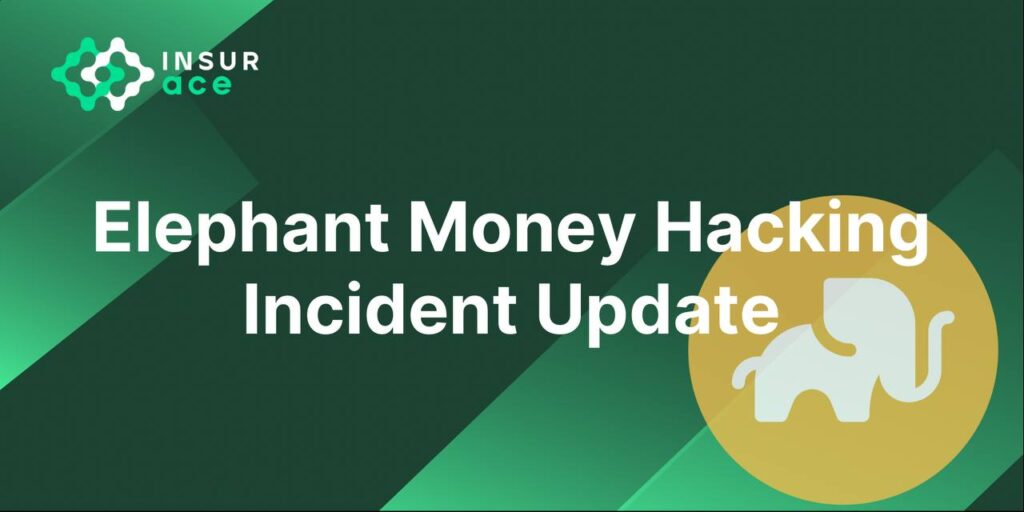We have heard “assets protection” a lot of times on the Internet, but there are a lot of questions when people try to understand how it works in such a volatile industry and what are the procedures to make it work and not fail in the long run.
Today, InsurAce is going to explain one of the principal concepts in the DeFi coverage market: Underwriting.
Underwriting is the process that insurers use to determine the risks to protect your business. In doing so, the underwriter must determine whether the project poses an acceptable risk and, if so, charge a reasonable price for that coverage.
This operation is one of the most important in the coverage industry, which involves individuals or businesses transferring their risk to a protection provider company and charges a fee to offer financial assistance in the event of a claim.
However, before the coverage service is provided, customers must understand the nature and scope of the level of risk they’re taking on, which requires underwriting. It works by assessing the factors that determine a client’s risk profile. The specific factors depend on the type of coverage the customer sign up for.
It is important to take the following points into account to set up such a mechanism:
- Type and age of business
- Financial characteristics (size, sales, assets)
- Prior financial behavior
- Condition of business
- Prior claims
- Security systems
- Loss-prevention practices
Once the underwriters understand these factors, they will seek to determine if the project has any risk factors that affect them as a buyer or not. Example:
- If you bought liability coverage, have you ever been demanded and why?
- If you have a business owner’s policy, have you been audited?
- If you are looking to protect your customers, how many times have you had a claim incident in the past?
Underwriters looks the general security, the software, the cybersecurity in effect and the workflow processes that will be involved with people as they move keys and assets from one stage to another stage.
In conclusion, underwriters assess diverse types of customer data to determine whether their company should do business with him/her and at what price.
What do the Underwriters evaluate to make the insurance process?
In most insurance, this process directly assesses the customer’s finances and past credit decisions. During the underwriting process, the underwriter looks at four areas that can give them a better picture of the company:
Risk
An underwriter evaluates the risk associated with the type of insurance offered, against their returns to be made. This ratio should estimate the profit they can earn in the long term.
The Customer
An Underwriter will usually like to know why a customer is buying a particular policy. This can help them to evaluate the size of the market, to understand their risk and also the returns they can earn.
Policy Wording
An underwriter may want to understand the inclusions and exclusions of certain types of policies offered. This will allow them to better evaluate the risk.
Programming Language
A flaw in the written language of a smart contract can lead to the malfunction or hack of the smart contract such that tokens get stuck, misdirected, or stolen. Avoiding these errors is not an easy thing to do because Blockchain and DeFi are new and experimental, and the security landscape is constantly transforming.
It is very likely to fail because, once live, smart contracts can never be removed – only updated and re-instated at a new address or bypassed through the rather momentous forking of an entire blockchain and those transactions are irreversible. As such, blockchains require an engineering mindset more akin to hardware or financial services programming than web or mobile development.
Final Words
Blockchain is a new, huge and interesting market to get coverage for. Even if it is in constant evolving, the transformation and improvement is doing among many others business is promising. Millions of dollars are being transacted over blockchains every day.
It is important to understand every concept inside the DeFi coverage industry to know what procedures InsurAce must make to offer all users the experience and protection they deserve.


